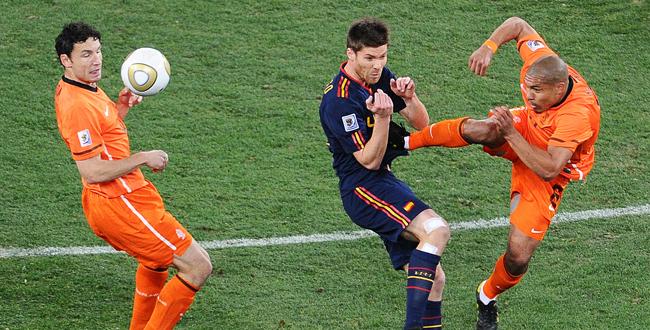Top 10 Most Important Sports Rules Every Athlete Should Know
Sports are a vital part of human culture because they promote fitness, competition, and entertainment. Whether you're a professional athlete, an amateur, or a casual player, understanding the fundamental rules of sports is crucial. In every game, these rules guarantee fair play, safety, and consistency. This article explores the top 10 most important sports rules that every athlete should know, regardless of the sport they play.
Respect for the Decisions of the Referee
Respecting the decisions made by the umpire or referee is one of the most fundamental rules in any sport. Officials are trained to enforce the rules of the game fairly. While errors can occur, excessive argumentation or disrespect for referees can result in penalties, suspensions, or expulsions from the game.
Offside Rule (Football/Soccer, Hockey, American Football)
The offside rule keeps the game fair by preventing unfair advantages. When receiving the ball in soccer, a player is considered offside if they are closer to the opponent's goal line than both the ball and the second-last defender. In American football and hockey, variations of the offside rule exist, ensuring teams do not gain an unfair positional advantage.
Three-Second Rule (Basketball)
While their team has possession of the ball in basketball, offensive players are not permitted to remain in the opponent's key (the painted area near the basket) for longer than three seconds. This rule encourages a more dynamic game by preventing tall players from dominating the paint without moving.
24-Second Shot Clock (Basketball)
The shot clock rule ensures a fast-paced game by requiring teams to attempt a shot within 24 seconds of gaining possession. This prevents teams from holding the ball too long and stalling the game, making it more exciting for players and fans.
Double Dribble (Basketball)
A double dribble occurs when a player dribbles the ball, stops, and then starts dribbling again. This rule prevents players from gaining an unfair advantage by abruptly stopping and starting their movement, which disrupts the game's flow.
No Hands Rule (Soccer/Football)
In soccer, players (except the goalkeeper) cannot touch the ball with their hands or arms. If they do, the other team receives a free kick or a penalty, depending on where the violation occurred. This rule ensures the game remains focused on footwork and skill rather than hand control.
Free and Foul Kicks (Soccer)
Fouls occur when a player commits an unfair or dangerous act, such as tripping, pushing, or tackling an opponent recklessly. The severity and location of the foul determine whether the referee awards a free kick or a penalty kick. This rule maintains fair competition and minimizes injuries.
False Start Rule (Athletics, Swimming, and American Football)
A false start happens when an athlete begins movement before the official start signal. In athletics and swimming, a false start results in disqualification or a warning. A false start in American football results in a penalty of five yards against the team that committed the error. This rule ensures that all competitors have an equal start.
Under the Belt Striking (Boxing and Martial Arts)
In combat sports like boxing, MMA, and kickboxing, hitting an opponent below the belt is strictly prohibited. Athletes are shielded from serious injuries thanks to this rule, which also keeps fights fair and competitive.
Illegal Serve (Tennis, Volleyball, and Table Tennis)
Each sport has specific rules for serving. In tennis, a serve must be executed correctly and land within the service box. In volleyball, the server must stay behind the line and avoid foot faults. Before striking, the ball in table tennis must be tossed at a minimum height. These rules prevent unfair advantages and ensure a level playing field.
Conclusion
Understanding and respecting sports rules is vital for athletes of all levels. These rules not only promote fair competition but also ensure the safety and enjoyment of everyone involved. Athletes can improve their performance, avoid penalties, and contribute to the spirit of the game by mastering these essential rules. Whether you are a player, coach, or fan, knowing these fundamental rules will deepen your appreciation of sports and improve your overall experience.




